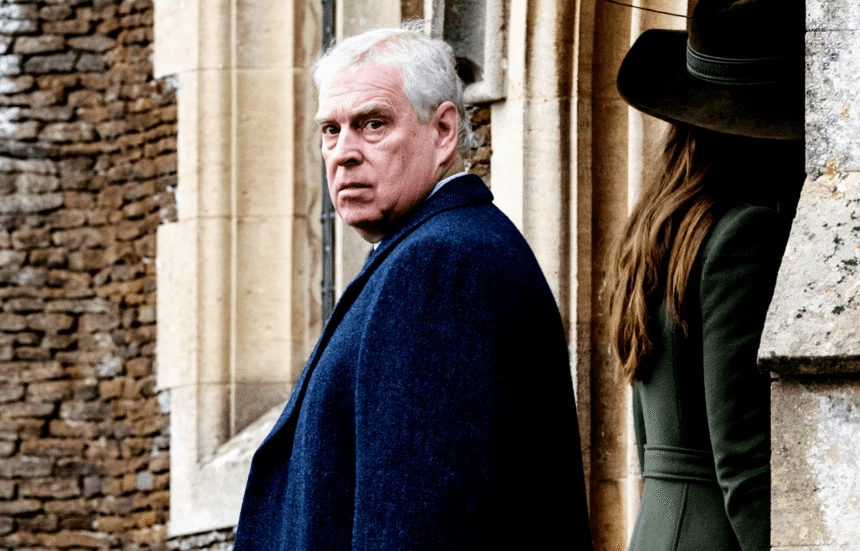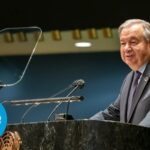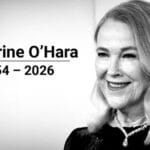LONDON – King Charles III has acted decisively on the future of his younger brother, Prince Andrew. In a move that redraws the royal pecking order, Andrew has been removed from his remaining styles and honours, including the use of His Royal Highness.
He is also set to leave Royal Lodge, the Windsor residence he has occupied for more than two decades. The decision follows years of scrutiny over his association with the late sex offender Jeffrey Epstein and renewed pressure on the monarchy to draw a clear line.
Buckingham Palace confirmed the step in a short statement, saying His Majesty had initiated a formal process to remove Andrew’s styles, titles and honours. That includes the Duke of York title, along with his remaining ceremonial positions.
Buckingham Palace said the action was necessary given persistent public concern and ongoing disclosures about Andrew’s links to Epstein. It also offered sympathy to victims and survivors of abuse, a pointed acknowledgment of the harm at the heart of the scandal.
This shift has not arrived out of thin air. Andrew’s public standing has crumbled since photos and testimony tied him to Epstein’s circle in the early 2000s. His 2019 BBC Newsnight interview, where he addressed allegations and offered a now infamous alibi, proved disastrous. He stepped back from official duties soon after.
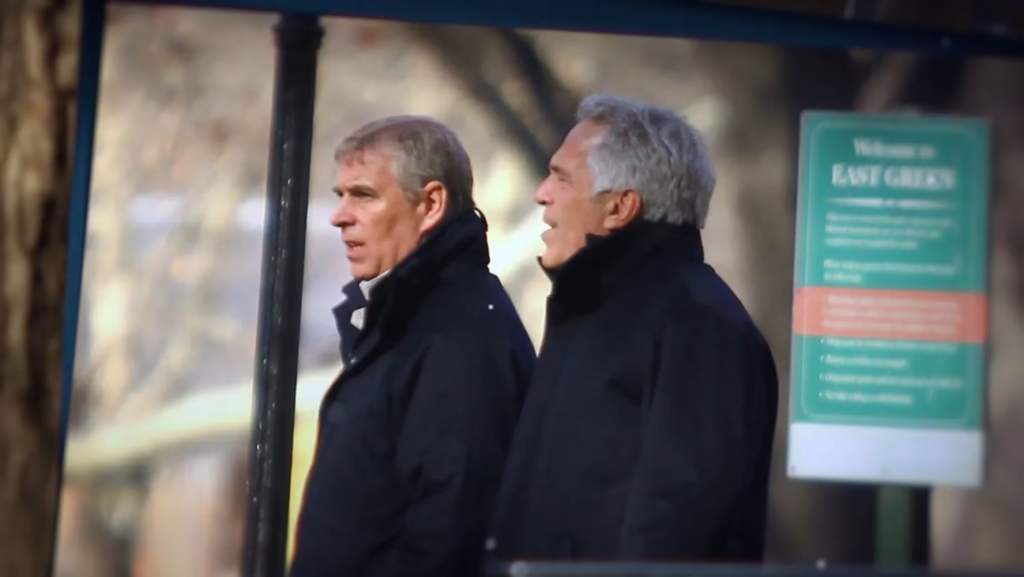
Prince Andrew’s Contact with Epstein
In 2022, Buckingham Palace announced he would no longer use HRH in any capacity and that his military affiliations had been returned to the Queen. He later settled a civil claim brought by Virginia Giuffre without any admission of liability.
The latest wave of scrutiny reinvigorated calls inside and outside Westminster for a full break. Fresh reporting in the United States reignited the timeline of Andrew’s contact with Epstein after the financier’s first conviction.
Campaigners and MPs pressed for answers, particularly around the terms of Andrew’s occupation of Royal Lodge and the costs tied to security and upkeep. Public frustration grew in parallel with demands for transparency across Crown estates and royal finances.
Epstein’s shadow has been long and dark. Court documents, testimony, and criminal convictions against members of his inner circle have shaped the public record, leaving institutions and individuals alike grappling with the fallout. Andrew has repeatedly denied any wrongdoing. He has not faced criminal charges.
The Palace stance, however, has shifted from quiet distance to a firm severing of formal ties.
Reactions across the country range from relief to anger that it took so long. Outside Buckingham Palace, some praised a long-overdue move that puts victims first and draws a boundary between the Crown and scandal.
Others argued that titles are symbolic and that real accountability rests with law enforcement. Republican groups seized on the moment, framing it as proof that he system is broken. Polling in recent months showed a dip in support for the monarchy, with younger voters especially skeptical.
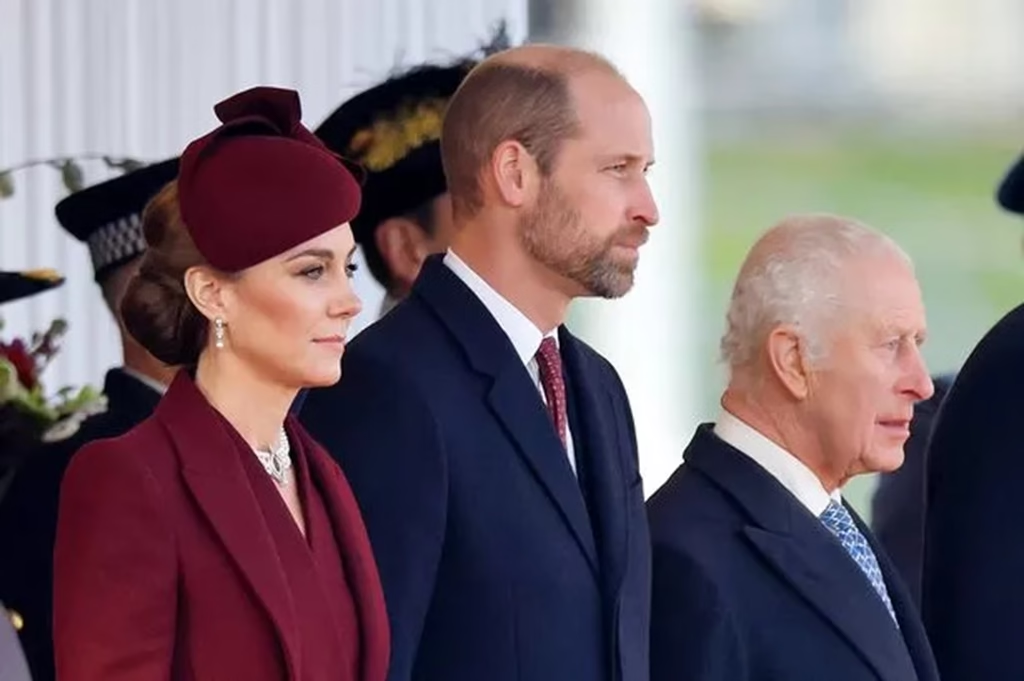
Prince William Takes Charge
The Royal family dimension is hard to ignore. There have been reports of frosty relations between Andrew and senior royals for years, and of the King’s plan to slim down the monarchy.
Those around the Palace say the decision was painful but unavoidable, given the reputational risk. Protecting the institution, they say, outweighed private loyalties. Prince William has long championed a smaller, more focused royal operation. That approach leaves little room for members who attract controversy, however senior by birth.
History offers context for how rare this step is. Titles have occasionally been removed or suspended in times of crisis or conflict, but personal disgrace has rarely led to such a full pruning of a prince’s public status.
Andrew’s daughters, Princess Beatrice and Princess Eugenie, retain their titles under existing letters patent. By contrast, Andrew’s remaining honours, including the Garter, are gone. Heraldic privileges and the right to use royal arms are understood to be withdrawn as part of the process.
The housing question has hovered over this saga for years. Royal Lodge, with its pale pink façade and sweep of parkland, has been Andrew’s base since 2002 under a long lease. The arrangement became a lightning rod for criticism as his public role collapsed.
He is now expected to move to private accommodation arranged without public support. Options include smaller grace-and-favour homes or a property rented on the open market. Those close to him say he is bruised but resigned.
For campaigners, this is a partial victory. It signals that status cannot shield someone from consequences, at least in the court of public opinion. For critics, it is not enough. They want accountability that moves beyond titles and residences.
For the Palace, it is a necessary step to restore focus on public service and to reduce distractions that pull the Crown off course.
The long fallout from Epstein will not vanish overnight. The King has made a clear choice to protect the institution and to align with public sentiment. Whether that resets trust is another matter.
The monarchy survives on consent, and consent depends on standards seen to be applied without favour. For now, the House of Windsor becomes smaller, simpler and less forgiving. That may be the only way it holds the line.




